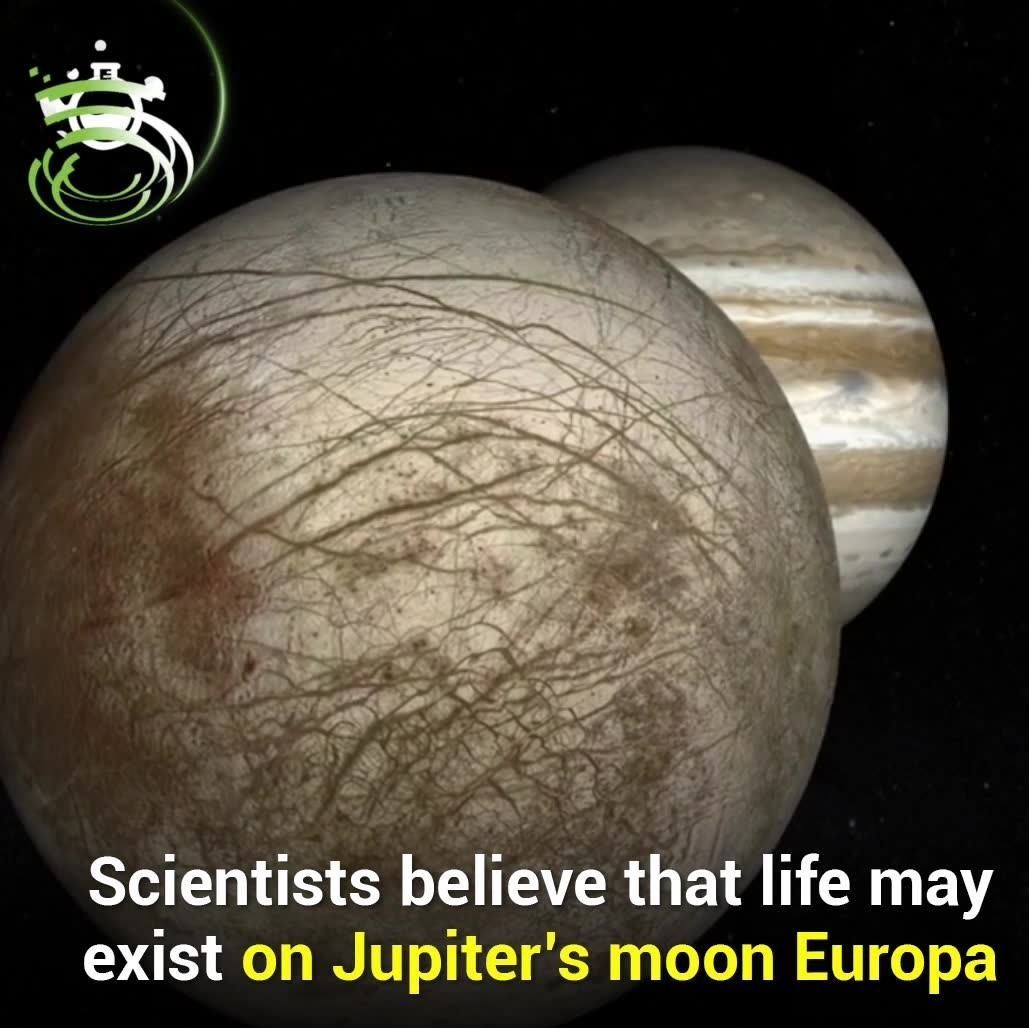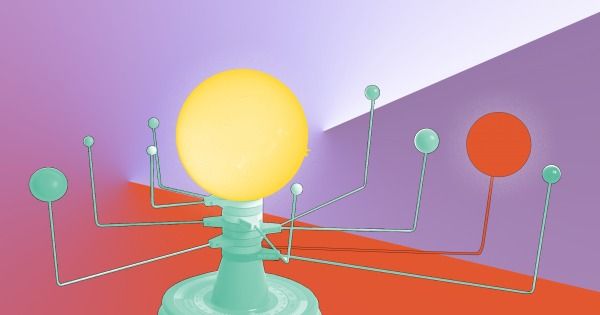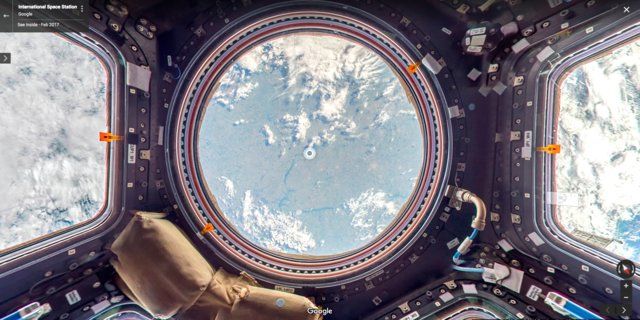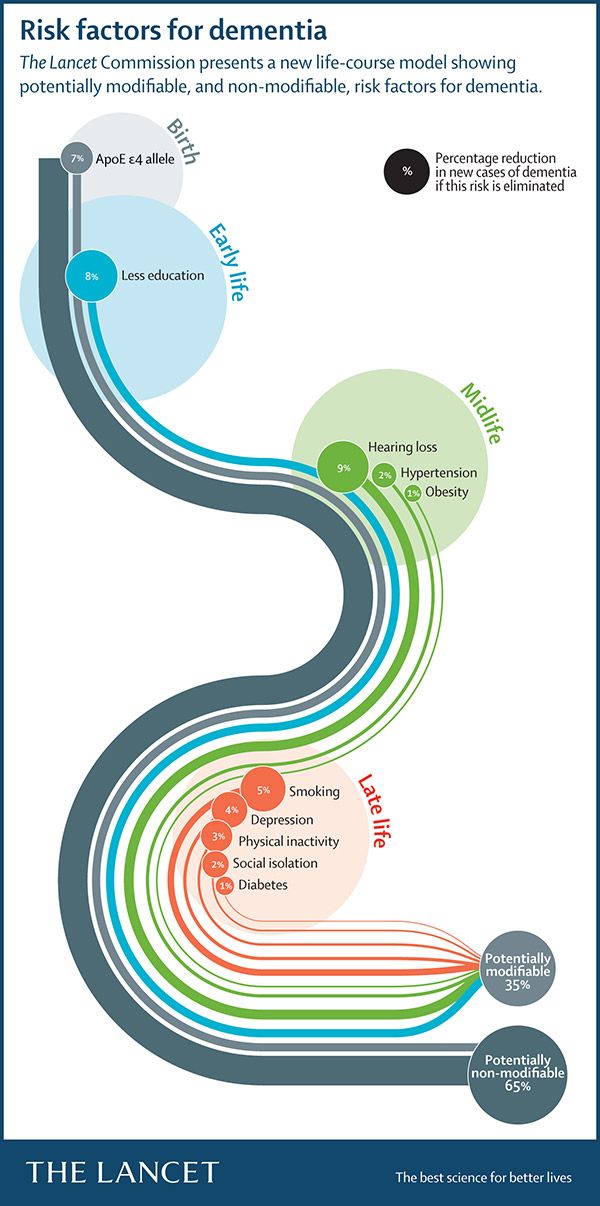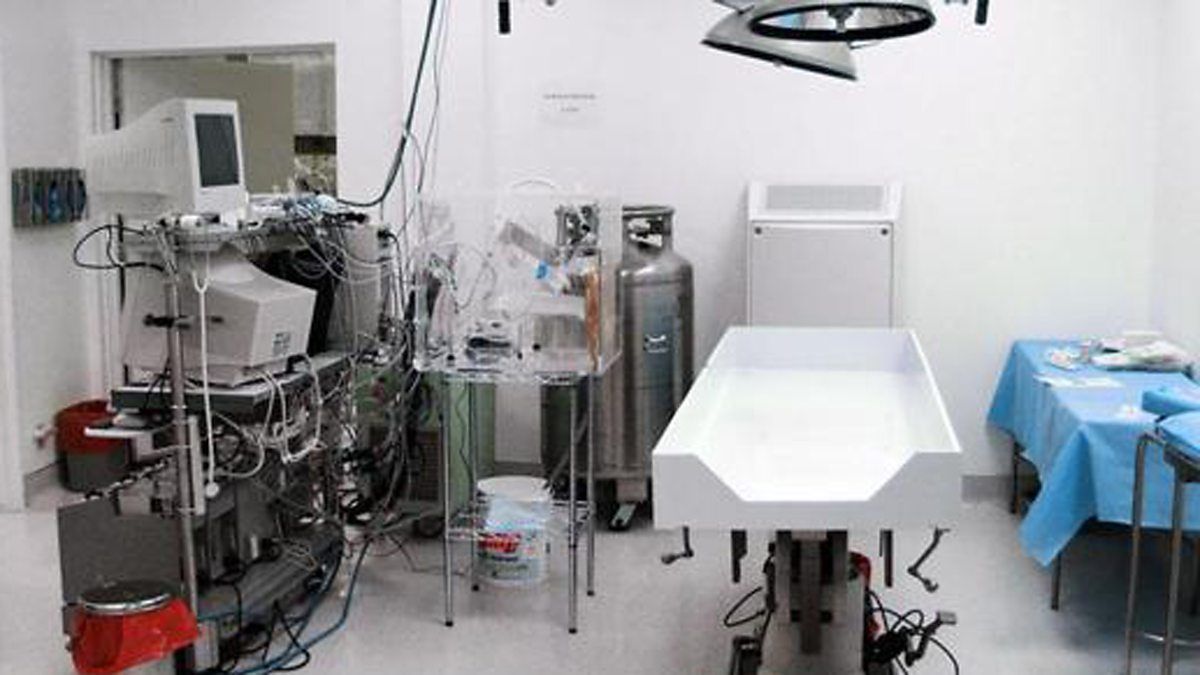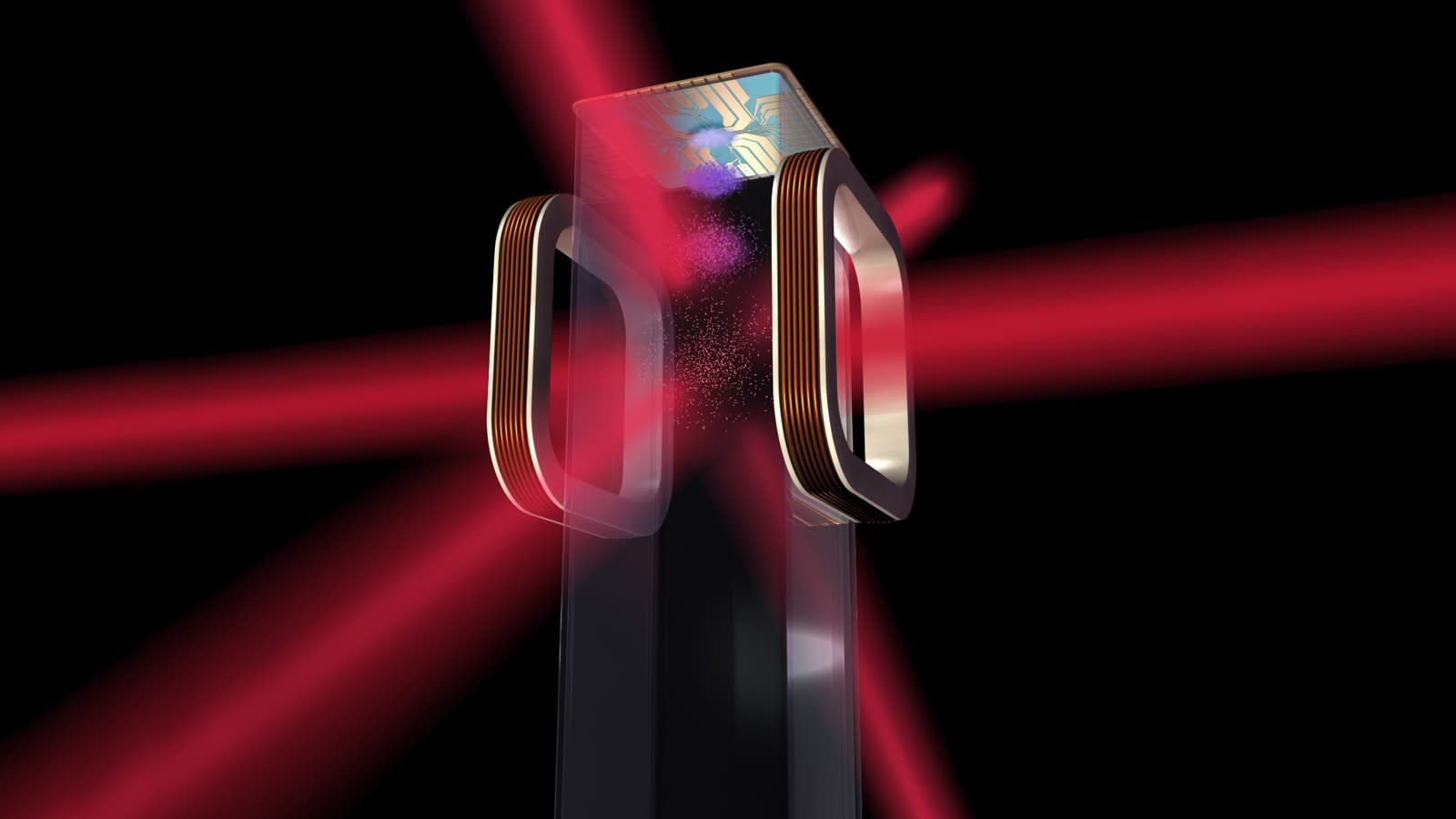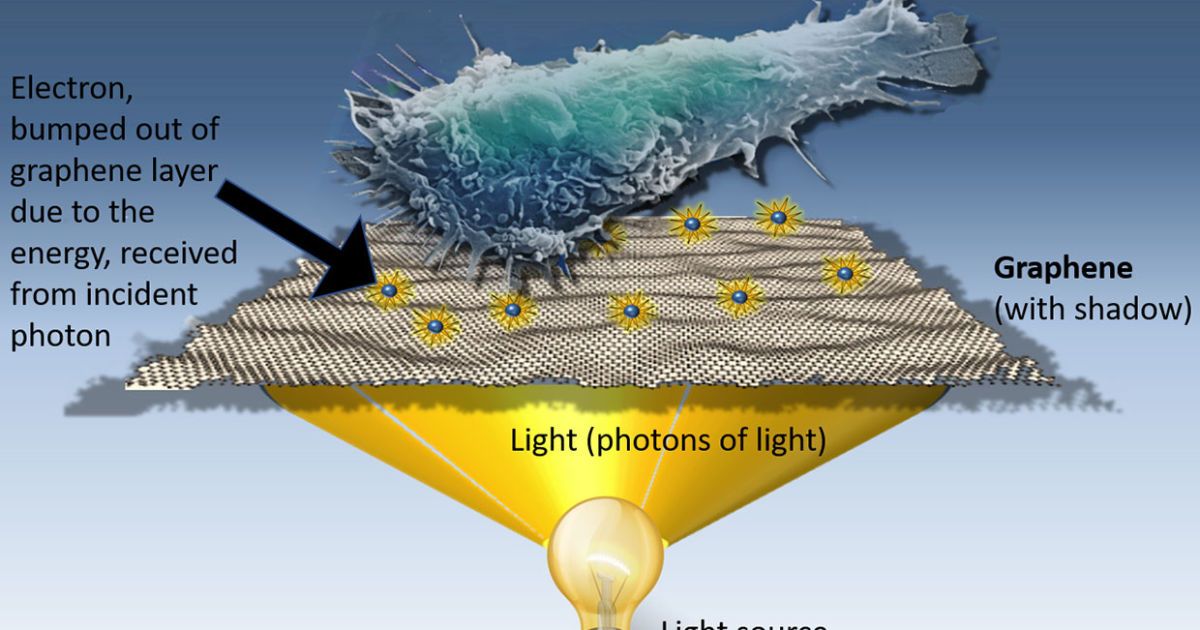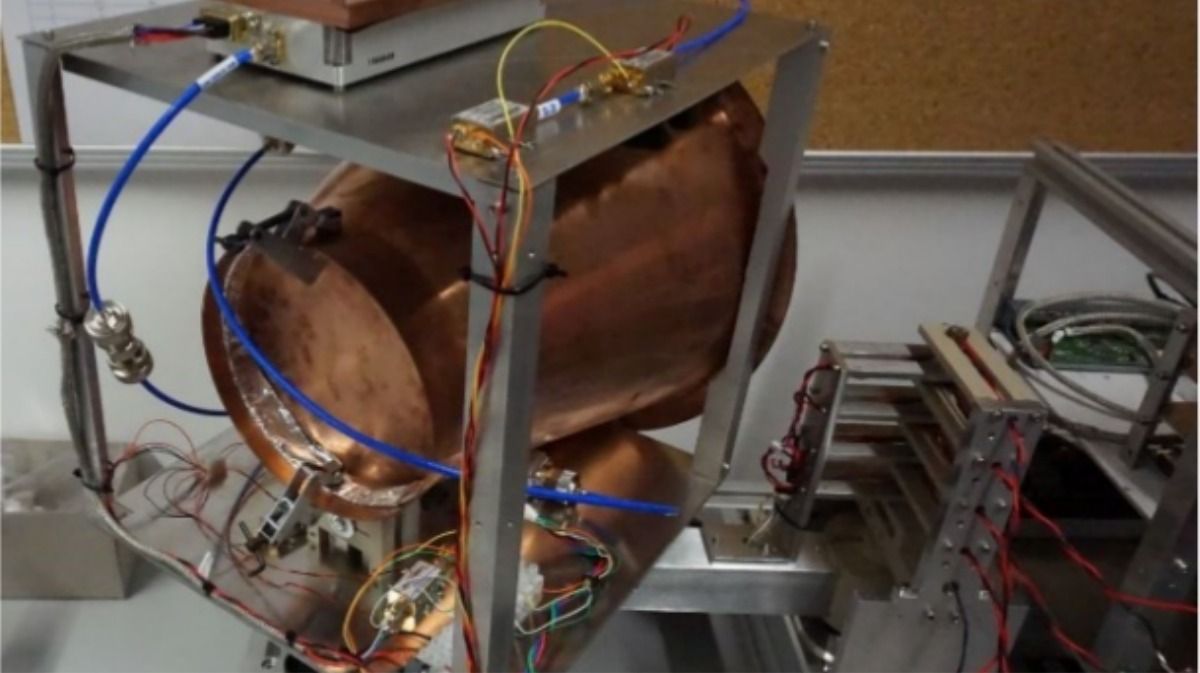Page 9763
May 21, 2018
There’s New Evidence for the Mysterious “Planet Nine”
Posted by Genevieve Klien in category: space
The strange orbit of a distant object is likely due to a massive, undiscovered ninth planet traveling deep beyond Neptune, according to new models.
May 21, 2018
A little-known feature in Google Maps lets you explore our local solar system — here’s how to visit Mercury, Venus, and other planets and moons in Google Maps
Posted by Genevieve Klien in categories: education, space
Most people just use Google Maps to get directions from A to B, but it’s also an incredible educational tool in its own right.
Using Google Maps is a great way to learn more about the various cities and countries around the world. But many people might not know that Google Maps can also be used to explore other worlds besides Earth.
That’s right: If you visit Google Maps and zoom out far enough, you’ll have the option to explore several planets and moons in our own solar system.
May 21, 2018
Physical exercise doesn’t slow down dementia once it appears, study shows
Posted by Alvaro Fernandez in categories: biotech/medical, health, neuroscience
Physical exercise is a key piece of the brain health puzzle, but certainly not a magic pill.
___ Exercise ‘doesn’t slow’ progression of dementia (NHS Choices): A trial in which people with dementia took part in a moderately intense exercise programme for 4 months found their mental decline did not slow and may even have worsened faster than in people who did not take part in the programme…While the exercise.
I’m excited to announce my interview on the BBC World Service is airing around the world today multiple times to millions of people. My 4-min section on #transhumanism starts at 10:50.
Why do people chase immortality? We those who believe science is close to beating death.
May 21, 2018
How NASA Will Unlock the Secrets of Quantum Mechanics Aboard the ISS
Posted by Genevieve Klien in categories: particle physics, quantum physics, space
An Antares rocket launched from Virginia before sunrise this morning and is on its way to the International Space Station. Its 7,400 pounds of cargo include an experiment that will chill atoms to just about absolute zero—colder than the vacuum of space itself.
The Cold Atom Laboratory (CAL) is set to create Bose-Einstein condensates on board the ISS. But what’s a Bose-Einstein condensate? And why make it in space?
“Essentially, it’s going to allow us to do different kinds of things than we’d be able to do on Earth,” Gretchen Campbell, co-director of the University of Maryland’s Joint Quantum Institute, told Gizmodo.
Continue reading “How NASA Will Unlock the Secrets of Quantum Mechanics Aboard the ISS” »
May 21, 2018
Microsoft buys Semantic Machines to make AI sound more human
Posted by Genevieve Klien in categories: business, robotics/AI
Microsoft has purchased startup company Semantic Machines in an effort to make artificial intelligence bots sound more human. The Berkeley, California-based business focuses on contextual understanding of conversation.
Previously, the firm has worked with Apple on speech recognition technology for Siri. Semanitc Machines is lead by professor Dan Klein of UC Berkeley and professor Percy Liang of Standford University in addition to Apple’s former chief speech scientist Larry Gillick.
Microsoft has been working on speech recognition and natural language processing for nearly two decades now. As Cortana has gained a more prominent role in recent years, Redmond is aiming to improve the accuracy and fluency of its assistant.
Continue reading “Microsoft buys Semantic Machines to make AI sound more human” »
May 21, 2018
Graphene ‘stimulation’ could selectively kill off cancer cells
Posted by Genevieve Klien in categories: biotech/medical, computing, mobile phones
A chance lab discovery is opening up the possibility for wide-scale improvements in drug screening, application of selective painkillers, and selectively nuking cancer cells. The mystery material? Graphene, a semi-metal that’s composed of a single layer of carbon atoms. It’s already being used to make flexible OLED displays and reduce the energy costs of desalination, but its potential benefits for the medical field look promising too.
It began with a theory — scientists at the University of California knew graphene could convert light into electricity, and wondered whether that electricity had the capacity to stimulate human cells. Graphene is extremely sensitive to light (1,000 times more than traditional digital cameras and smartphones) and after experimenting with different light intensities, Alex Savchenko and his team discovered that cells could indeed be stimulated via optical graphene stimulation.
“I was looking at the microscope’s computer screen and I’m turning the knob for light intensity and I see the cells start beating faster,” he said. “I showed that to our grad students and they were yelling and jumping and asking if they could turn the knob. We had never seen this possibility of controlling cell contraction.”
Continue reading “Graphene ‘stimulation’ could selectively kill off cancer cells” »
May 21, 2018
Blood from umbilical cord may help fix your brain after a stroke
Posted by Genevieve Klien in categories: biotech/medical, neuroscience
Ten people have received infusions of umbilical cord blood days after having a stroke, and they seem to have recovered better than would normally be expected.
May 21, 2018
A German Team Is Now Trying to Make the ‘Impossible’ EmDrive Engine
Posted by Genevieve Klien in categories: quantum physics, space travel
German physicists launched the SpaceDrive project to explore possible sources of error in EmDrive experiments. Their first experiment identified a possible source of false positives in past successful EmDrive tests.
